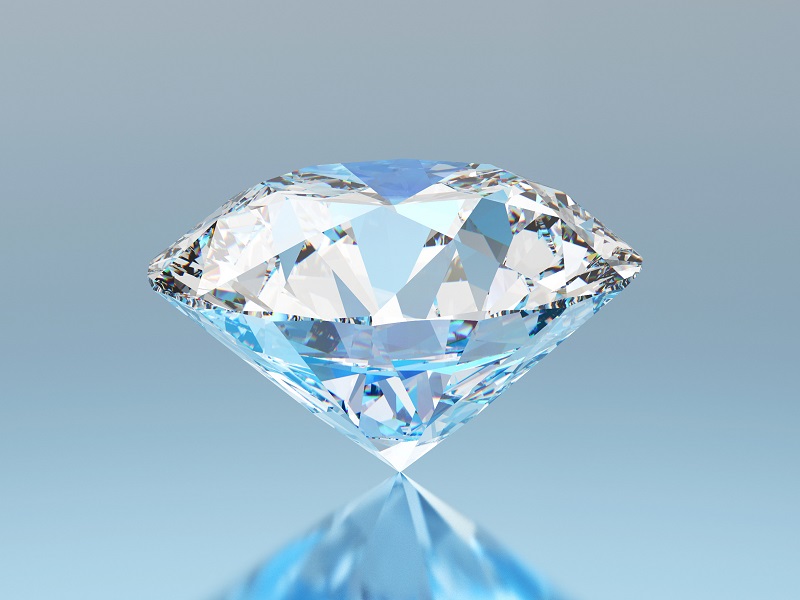As the world becomes more environmentally conscious and ethically focused, lab-grown diamonds have surged in popularity, offering a compelling alternative to traditionally mined diamonds. These man-made gems are not only identical to their natural counterparts in appearance but also come with a host of benefits that appeal to modern consumers.
In the United States alone, sales of lab-grown diamonds rose 16% from 2022 to 2023, according to industry analyst Edahn Golan. Here’s a deeper look into why lab-grown diamonds are becoming as popular as mined diamonds.
1 – Environmental Sustainability
Lab-grown diamonds are favored for their minimal environmental impact. The process of creating diamonds in a lab setting significantly reduces the need for extensive mining operations, which can cause habitat destruction and other ecological damages. Consumers are increasingly drawn to these eco-friendly options as awareness of environmental issues grows.
2 – Ethical Assurance
One of the most compelling reasons for the rise in popularity of lab-grown diamonds is their ethical production. Unlike mined diamonds, which have been marred by issues such as conflict financing and labor abuses, lab-grown diamonds offer a clear conscience, being free from such controversies.
3 – Cost-Effectiveness
Lab-grown diamonds typically cost less to produce than mined diamonds, resulting in lower retail prices. Lab-grown diamonds can be as much as 50% cheaper than natural diamonds of similar size and quality. This affordability allows consumers to purchase larger, higher-quality diamonds for the same amount of money, making luxury more accessible.
4 – Technological Advancements
The technology behind creating lab-grown diamonds has advanced significantly, enabling the production of diamonds that are virtually indistinguishable from those mined from the earth. This technological progress has assured consumers of the quality and durability of lab-grown diamonds.
5 – Purity and Quality
Lab conditions allow for more control over the diamond-growing environment, often resulting in stones with fewer impurities than those that are mined. This controlled process not only ensures a high level of quality but also allows for the production of diamonds with exceptional clarity and color.
6 – Customization Possibilities
The ability to closely control the diamond-growing process means that lab-grown diamonds can be customized to a greater extent than mined diamonds. Customers can specify the exact size, shape, and other characteristics they desire, making each piece unique and personalized.
7 – Rapid Production
Unlike natural diamonds, which take millions of years to form, lab-grown diamonds can be produced in a matter of weeks. This efficiency meets consumer demand more effectively and allows for a steady supply of diamonds in the market.
8 – Transparency and Traceability
Each lab-grown diamond can be traced back to its point of origin, providing consumers with full transparency about their purchase. This traceability is a key factor in building trust with consumers who are increasingly concerned about the origins of their products.
9 – Wide Acceptance
As awareness and understanding of lab-grown diamonds increase, so does their acceptance among consumers and jewelers alike. Many renowned jewelry brands now offer lab-grown diamonds as part of their collections, signifying their mainstream appeal.
Consider Lab-grown Diamonds For Your Next Jewelry Purchase
Lab-grown diamonds represent a blend of innovation, ethics, and sustainability, aligning with the values of today’s consumers. Their growing popularity is a testament to the shifting priorities in the jewelry market, where beauty, ethics, and environmental responsibility are increasingly intertwined.
How to Sell Gold: Smart Ways to Sell Your Gold Jewelry
Tips for Buying Gifts for Your Significant Other

Toi Williams began her writing career in 2003 as a copywriter and editor and has authored hundreds of articles on numerous topics for a wide variety of companies. During her professional experience in the fields of Finance, Real Estate, and Law, she has obtained a broad understanding of these industries and brings this knowledge to her work as a writer.










